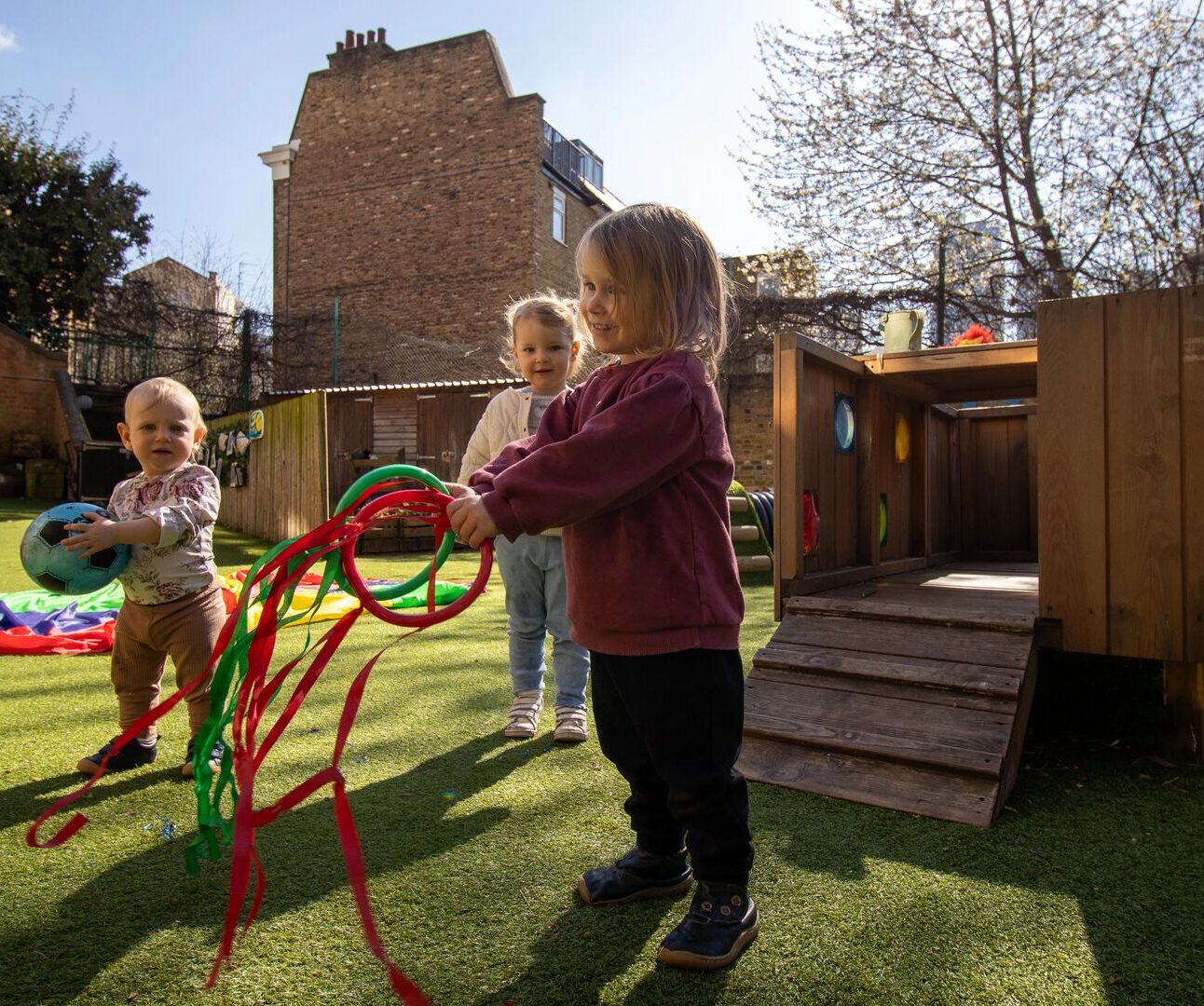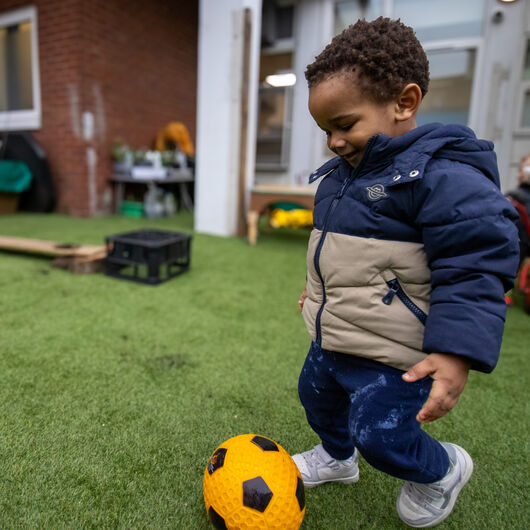
Another Consultation… This time, it’s Space
Just as the ink dries on the Ofsted consultation, up pops another. This time it’s about space, equally important and not to be overlooked. The Department for Education (DfE) has…
August 5th 2015
After much prevarication, I took some of my own advice ( getting out of the office and attending conferences is good for thinking and ideas) and decided to accept the invitation from my UNICEF colleague to give a presentation on the virtues of the social enterprise childcare approach at the OMEP World Conference in Washington DC. I was lucky enough to be accompanied by my Scottish colleague Alice Sharp who, like any good trainer is always interested in learning more from colleagues overseas to constantly improve her training. Given that OMEP is the World Organisation for Early Childhood Education we both agreed that there would be plenty of international conversations.
I have never been to Washington DC and arrived to a hot sedate city which was 95 degrees with humidity of 50%. As a devoted fan of the West Wing, I was disappointed to find that CJ was not around to show me the White House and there was no sign of President Bartlett.
I was intrigued to see that many of the police officers guarding the White House wore very large badges saying “Secret Service”?! Washington is a clean and well-ordered city but the great divides were evident from skinny professional types jogging in the heat to the ultra large population eating giant size portions of food, rich beautiful homes next to lovely green spaces where lots of single homeless men were sitting with their belongings all packed neatly next to them. It gives a big message to the UK intent on creating a very divided society here especially evident in the London property market.
I hadn’t heard much about OMEP before leaving but I knew it had large memberships in the developing world. This is of great interest to me, not least because we have had many visits to LEYF from colleagues from Africa, China and South East Asia all of whom are interested in finding sustainable solutions to the affordable childcare conundrum with limited state interference. My presentation was with the very inspiring Sabrina Premeji from Kidogo who is trying to build a chain of social enterprise childcare centres across the slums of Nairobi.
The history of OMEP is very pertinent to today. It was set up by Lady Allen of Hurtwood and Alva Myrdal from Sweden in 1946 with the help of colleagues from France, Denmark and Norway. They decided to create an organisation to promote the wellbeing, rights and education of young children to address the situation faced by so many children horribly affected by the Second World War. The UNESCO Assembly in Paris greeted the plan with warm support, and the founders invited representatives of 19 countries from 5 continents to the first World Conference on Early Childhood Education in Prague in 1948. The purpose of OMEP was set as a means of sharing information and initiate actions to benefit young children everywhere.
The Conference attracted about 500 people from all over the world. In truth it was not the best organised conference I had ever attended so I was very disappointed to find that the last World Conference was in Cork, my birthplace, and I would certainly have enjoyed that! We did, however meet the Irish contingent and had many a long conversation about the challenges to childcare in Ireland which despite the public warm words about the improvement in the economy, child poverty is increasing rapidly and like the UK the Irish Government funding contribution to the free offer is seriously under-resourced , a similar picture to the UK.
What was interesting was the common themes emerging :
Firstly the international anxiety about schoolification and the rush to replace childhood with formal education. Colleagues from Japan, Korea and China had some fascinating contributions, focusing on the child’s rights to play and creating pre-schools that were play based and encouraged social skills, problem solving skills and those attributes and behaviours needed for the future generation to address an increasingly shifting and technological change making world
Secondly, parents and home learning were the watchwords from many people. Our colleagues from Africa were keen to do more than just address parents directly but also see how they could help children themselves become promoting actors for their families and peers especially with regards to health behavious such as handwashing.
Leadership to make a difference was a third shared element. There was an inspiring keynote from Dr Valora Washington who reminded us to reflect on our history to understand our present and try and imagine our future. She used a symbol called Sankofa link which in essence means using your head, heart and hand together to get things done.
Fourthly the power of language.
“Language is the essential condition of knowing – the process by which experience becomes knowledge.’ Michael Halliday
This reassured me that the LEYF Pedagogy with a focus on language and literacy rich nurseries is the way to go.
Finally, all the countries have childcare at the heart of its policies. Everyone could quote Heckman. Linda Smith, Child Education Adviser to President Obama, said she was embarrassed that the US had produced the most robust research about the importance of Early Childhood but failed to take its own advice. They are trying to address it at the moment through the “No Child Left Behind” campaign. It was reassuring to hear her admit this and I could see the UK contingent led by OMEP UK President Liz Hryniewicz nodding in agreement. Just look at the qualifications debacle at the moment.
The outcome of the conference was best summed up for me in a presentation by Nurper Ulkuer who examined the Unicef sustainable development targets.
She explained that each Government has to report on the progress in their country using the monitoring indicators focusing on the Early Years. But do they dress it up as a positive message or is it a real picture? To address this she asked that each OMEP group write a shadow report which identifies what is actually happening for children with regards to their rights to care and education.
I really liked that idea and urge you to join OMEP and be part of a process that does not just focus on our own issues and policy changes but also reflects the bigger picture and how the shape of society and wide ranging Government policy affects the lives of all our children.
However, whatever you chose to do, remember the words of Loris Malaguzzi
Nothing without Joy

Just as the ink dries on the Ofsted consultation, up pops another. This time it’s about space, equally important and not to be overlooked. The Department for Education (DfE) has…

How I Learned to Stop Worrying and Love the Kill Switch! This is AI blog number four, and by now I thought I’d be off down the rabbit hole exploring…

Are children deprived of the opportunity to play?… …is not a new question, but one that continues to be tackled on many levels. Greg Bottrill’s book ‘Can…